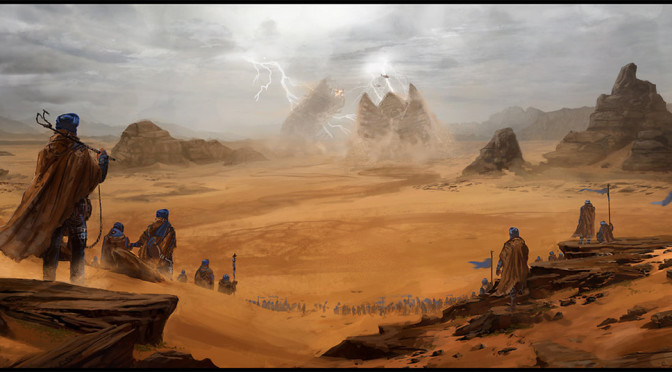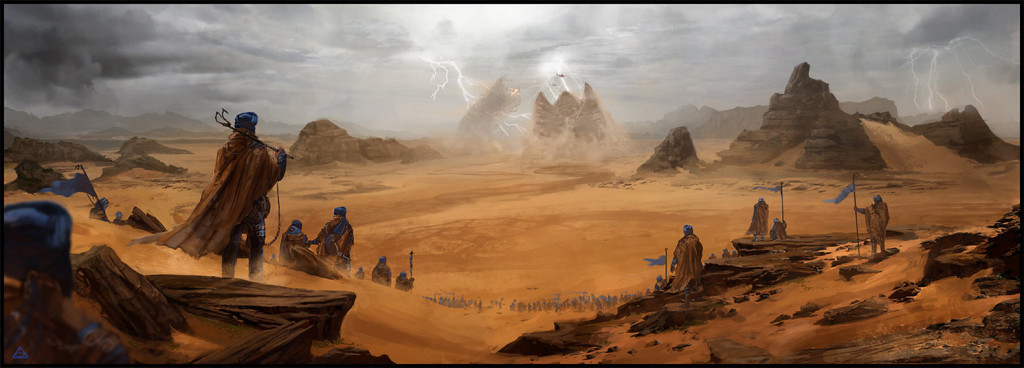 The Consolations of Philosophy by Alain de Botton
The Consolations of Philosophy by Alain de Botton
My rating: 5 of 5 stars
This was the first link of the chain of thoughts and instants that led me to reading this book by philosopher Alain de Botton.
This is one of those rare applied philosophy books that pose the question peculiarly left untouched by many contemporary professionals in the field of how one can use philosophy and philosophical ideas, some of them quite old, to make their life better and happier. To me, and by all appearances to Mr. de Botton as well, simplicity is a virtue of itself, and there is very little value to be found in ideas that need several tomes of derivative works and commentary to be decoded.
Consolations of Philosophy book has none of that. You could call it anti-philosophy, in an almost ying-yang sense. Mr. de Botton took six problems commonly faced by some—I’m tempted to say all— people and asked “what would Socrates, Seneca, Montaigne, Schopenhauer and Nietzsche do?”
It worked. It gave me a sense that these famous thinkers basically had the same insecurities I do, and it did so amazingly eloquently, informatively and most of all intelligibly. His train of thought was clear and I felt invited to hop on for the ride from the get-go.
The sad part is that most of the original works actually are the boring, long-winded books we have come to connect philosophy with. I suppose that makes Mr. de Botton a real bearer of ideas, a cultural translator or interpreter. Whatever he is, his job is extremely valuable and that was awesome.
Excerpts and some comments:
Consolation for Unpopularity, Socrates:
“It would be as naïve to hold that unpopularity is synonymous with truth as to believe that it is synonymous with error. The validity of an idea of action is determined not by whether it is widely believed or widely reviled but by whether it obeys the rules of logic.”
…for the next time I have to confront insulting sworn carnivores, skeptics, dogmatists—anyone with a closed mind, really. Or for expressing an opinion that is over-looked in group situations.
Consolation for Not Having Enough Money, Epicurus:
“At the heart of Epicureanism is the thought that we are as bad as intuitively answering “What will make me happy?” as “What will make me healthy?” The answer which most rapidly comes to mind is liable to be as faulty. [i.e.—it’s not money!]
… for the next time I stress over not getting a review done, playing a game, or having little income.
Consolation for Frustration, Seneca:
if most philosophers feel no need to write like this [clearly], it is because they trust that, so long as argument is logical, the style in which it is presented to the reader will not determine its effectiveness. Seneca believed in a different picture of the mind. Arguments are like eels: however logical, they may slip from the mind’s weak grasp unless fixed there by imagery and style. We need metaphors to derive a sense of what cannot be seen or touched, or else we will forget.
… for the next time I worry about not being precise and finding it difficult to speak succinctly. Speak intelligibly if you want to be memorable!
Consolation for inadequacy, Montaigne:
But writing with simplicity requires courage, for there is a danger that one will be overlooked, dismissed as simpleminded by those with a tenacious belief that impassable prose is a hallmark of intelligence. So strong is this bias, Montaigne wondered whether the majority of university scholar would have appreciated Socrates, a man they professed to revere about all others, if he had approached them in their own towns, devoid of the prestige of Plato’s dialogues, in his dirty cloak, speaking in plain language. […] It is striking how much more seriously we are likely to be taken after we have been dead a few centuries. Statements which might be acceptable when they issue from the quills of ancient authors are likely to attract ridicule when expressed by contemporaries.
…for when I feel stupid, doubt my own arguments and thoughts, because they do not come complete with fancy words (thanks Dad!)
Consolation for a Broken Heart, Schopenhauer:
We should in time learn to forgive our rejectors. The break-up was not their choice. In every clumsy attempt by one person to inform another that they need more space or time, that they are reluctant to commit or are afraid of intimacy, the rejector is striving to intellectualize an essentially unconscious negative verdict formulated by the will-to-life. Their reason may have had an appreciation of our qualities, their will-to-life did not and told them so in a way that brooked no argument—by draining them of sexual interest in us. If they were seduced away by people less intelligent than we are, we should not condemn them for shallowness. We should remember, as Schopenhauer explains, that: What is looked for in marriage is not intellectual entertainment, but the procreation of children.
…for the next time I am, uh, rejected by a woman for not inspiring her to have children with me?
Consolation for Difficulties, Nietzsche:
In the eyes of people who are seeing us for the first time… usually we are nothing more than a single individual trait which leaps to the eye and determines the whole impression we make. Thus the gentlest and most reasonable of men can, if he wears a large moustache… usually be seen as no more than the appurtenance of a large moustache, that is to say a military type, easily angered and occasionally violent — and as such he will be treated. […] The secret for harvesting from existence the greatest fruitfulness and the greatest enjoyment is—to live dangerously! Build your cities on the slopes of Vesuvius!”
…for the next time I make base judgments about others. Remember that everybody’s the centre of their own universe, the protagonists of their own movie, and ultimately the only actors on their destiny that really matter. Be subjective about others (allow them to be subjective about themselves) and objective about yourself, that is allow seeing yourself as others see you, the good and the bad, and be mindful of it. Keep in mind that most people will like you or dislike you no matter what, so go with it. Move and function from love, not fear.
See? Just writing this review inspired me to put down some of my own values and philosophical musings. Can there be any greater compliment for this book and Alain de Botton?









